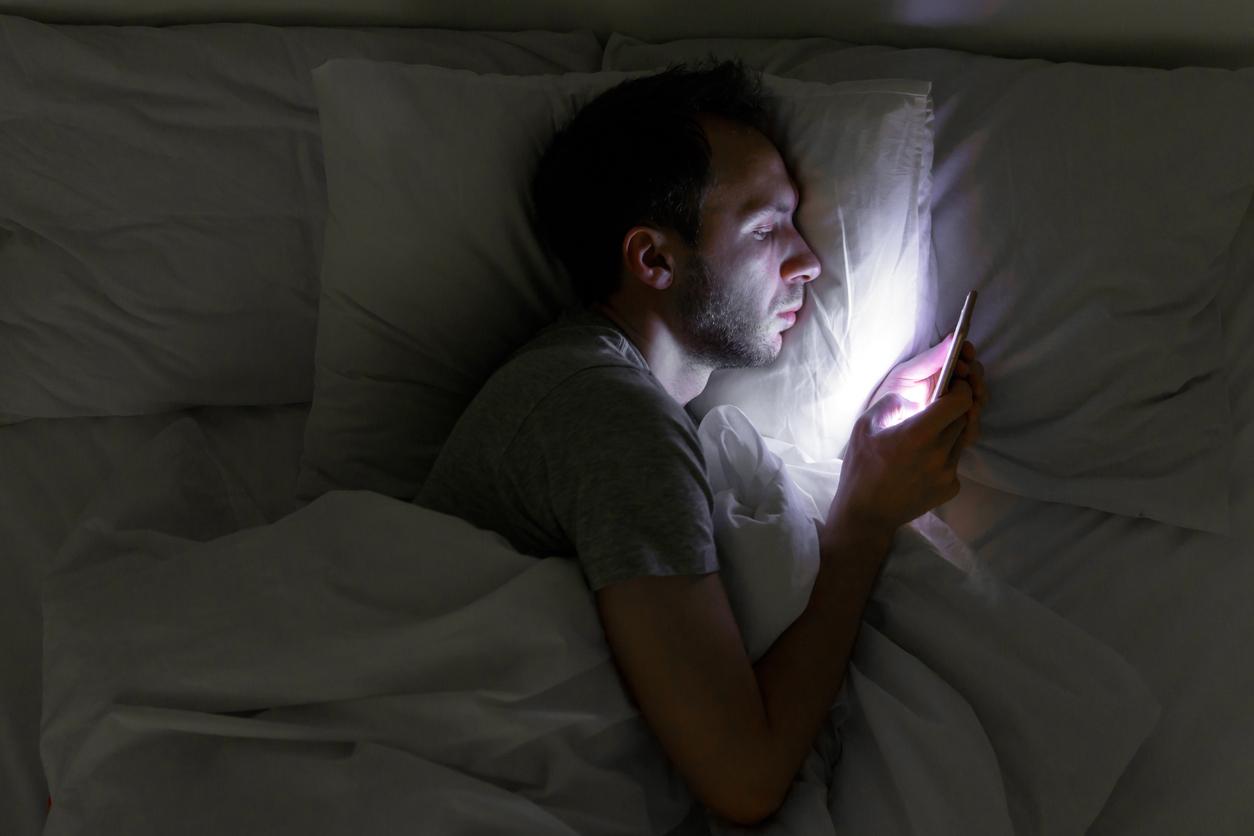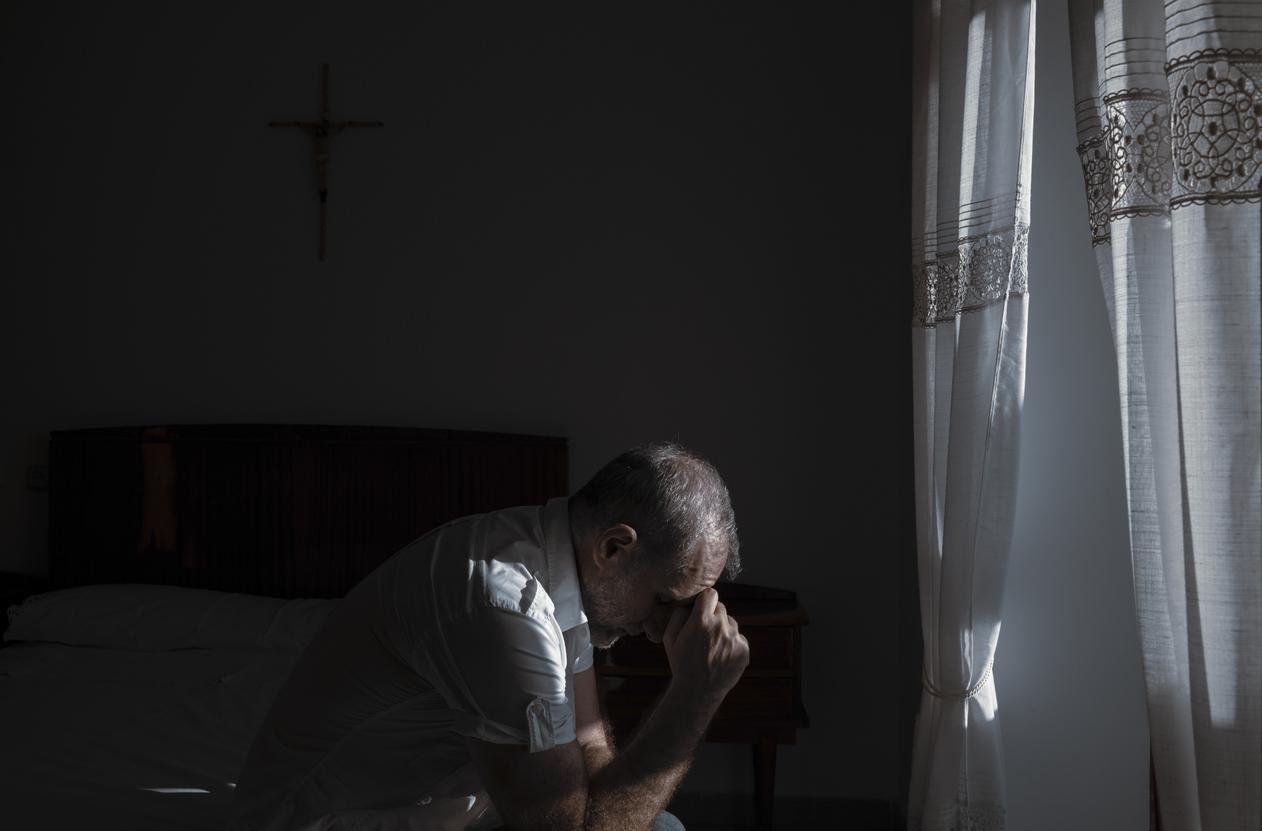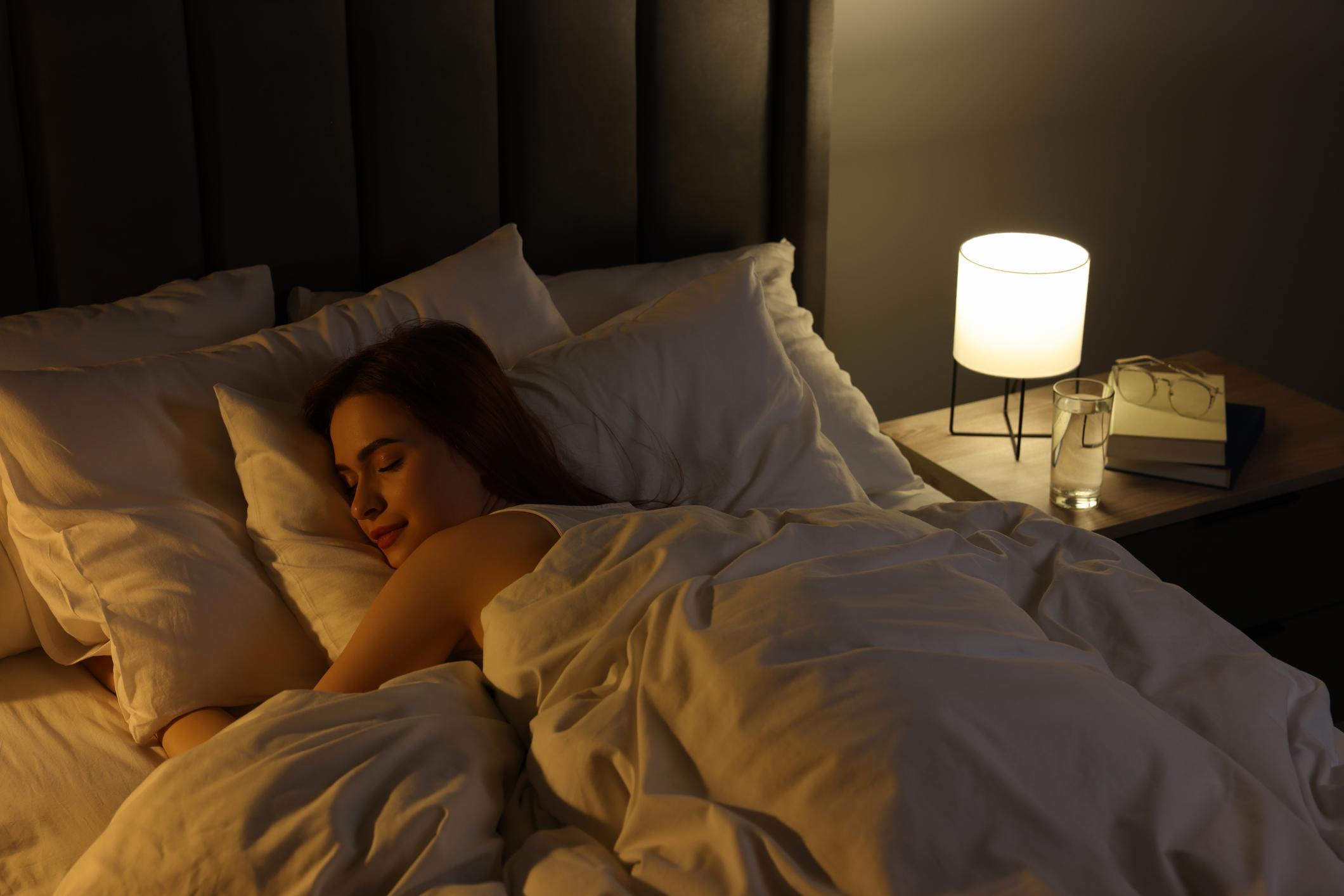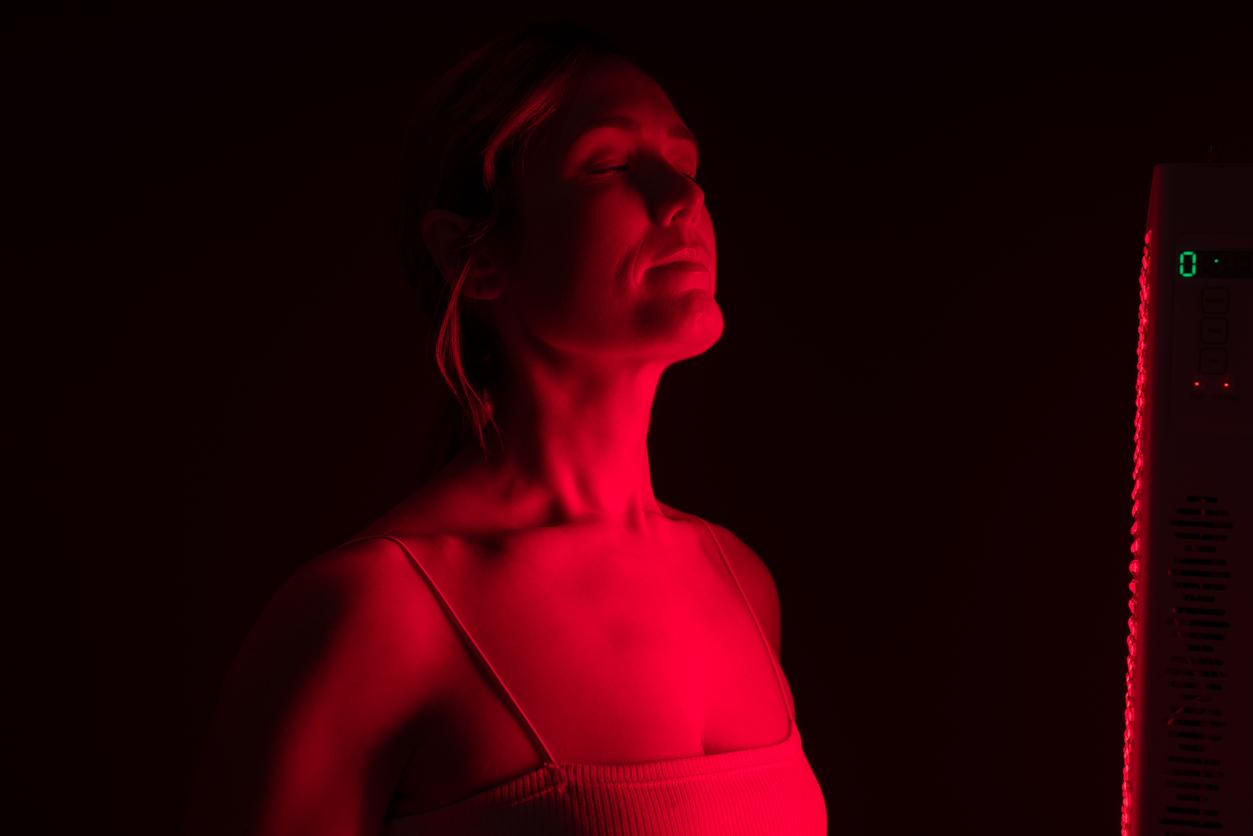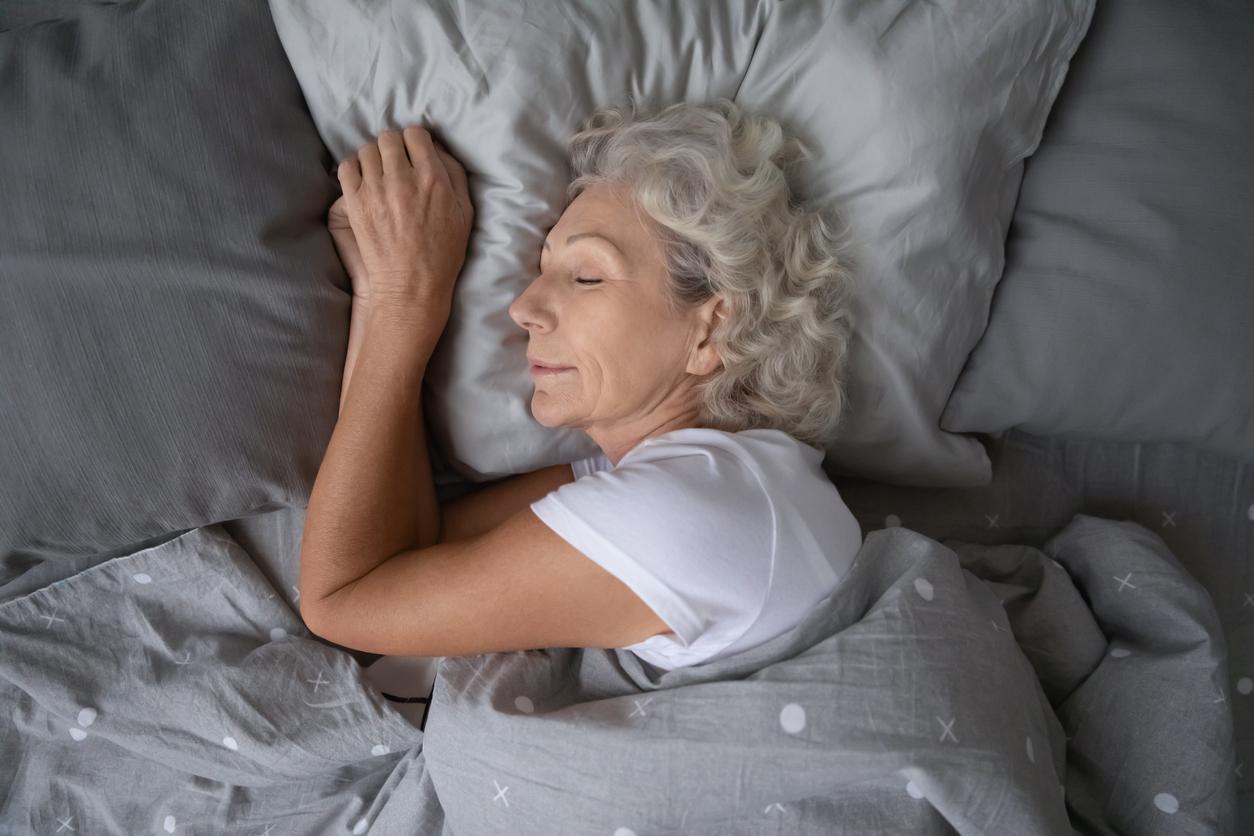Tablet, mobile phone, digital advertising, LED bulb… Blue light is everywhere, even where you wouldn’t expect it: in the sun. Naturally, it is synonymous with intense luminosity and therefore daytime, which is why it triggers the mechanisms of awakening in the human body. Incompatible, therefore, with sleep and falling asleep. Sleep disorders related to the use of screens at late hours or just before bedtime explode.
Researchers conducted a study published in Ophthalmic and Physiological Optics to determine the mechanism that prevents falling asleep and determine if it can be countered. They recruited 24 volunteers aged 17 to 42 used to surfing screens in the hours before bedtime. For two weeks, participants wore low-wavelength glasses for three hours before falling asleep. These devices block blue light by letting other wavelengths (other colors of light) through.
The body believes itself in broad daylight
The effect is spectacular: 58% of them saw their level of melatonin increase, the hormone that induces the sleep phase in the body. This translates concretely into better and longer sleep – 24 extra minutes per night – faster falling asleep and a feeling of having slept better when you wake up.
Blue light is therefore responsible for lack of sleep and poor quality rest. It increases the activity of photosensitive retinal ganglion cells, light receptors, which decreases melatonin. As a result, the body thinks it is daytime and increases alertness. To sleep better and tell your body that it’s time to rest, wear glasses that filter this wavelength or anti-reflective lenses, rely on the night mode of your devices and limit the time in front of screens. For the study’s lead author, Dr. Lisa A. Ostrin, removing blue light from our devices would allow us to continue to be productive at night without disrupting our sleep. Remember, however, that the body is designed to alternate day and night and that night work has harmful consequences on health.
Read also :
Addicted to screens? The break is necessary
The screen affects the quality of sleep
Too much screen time for parents disturbs children









